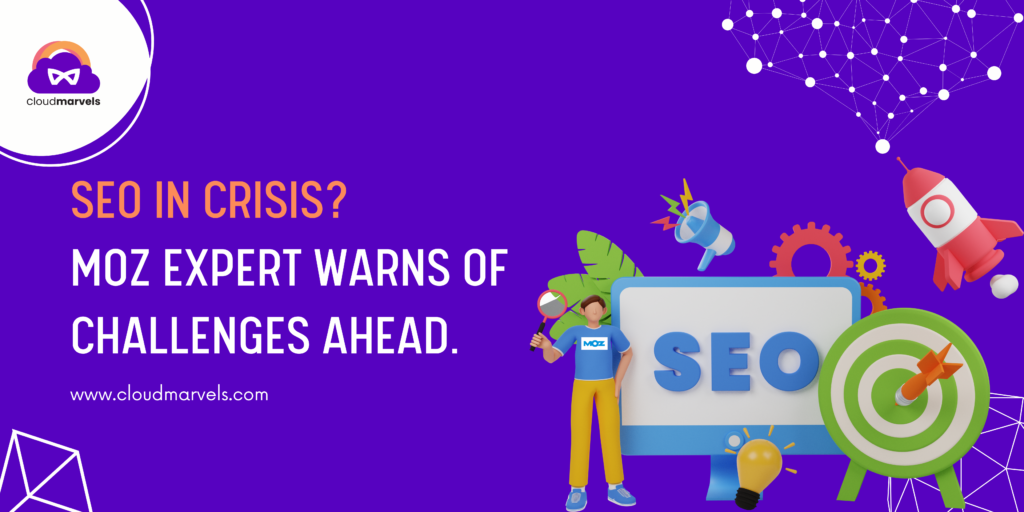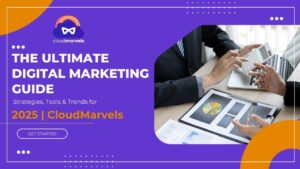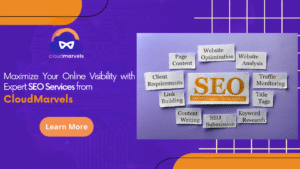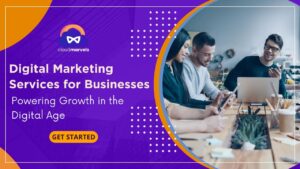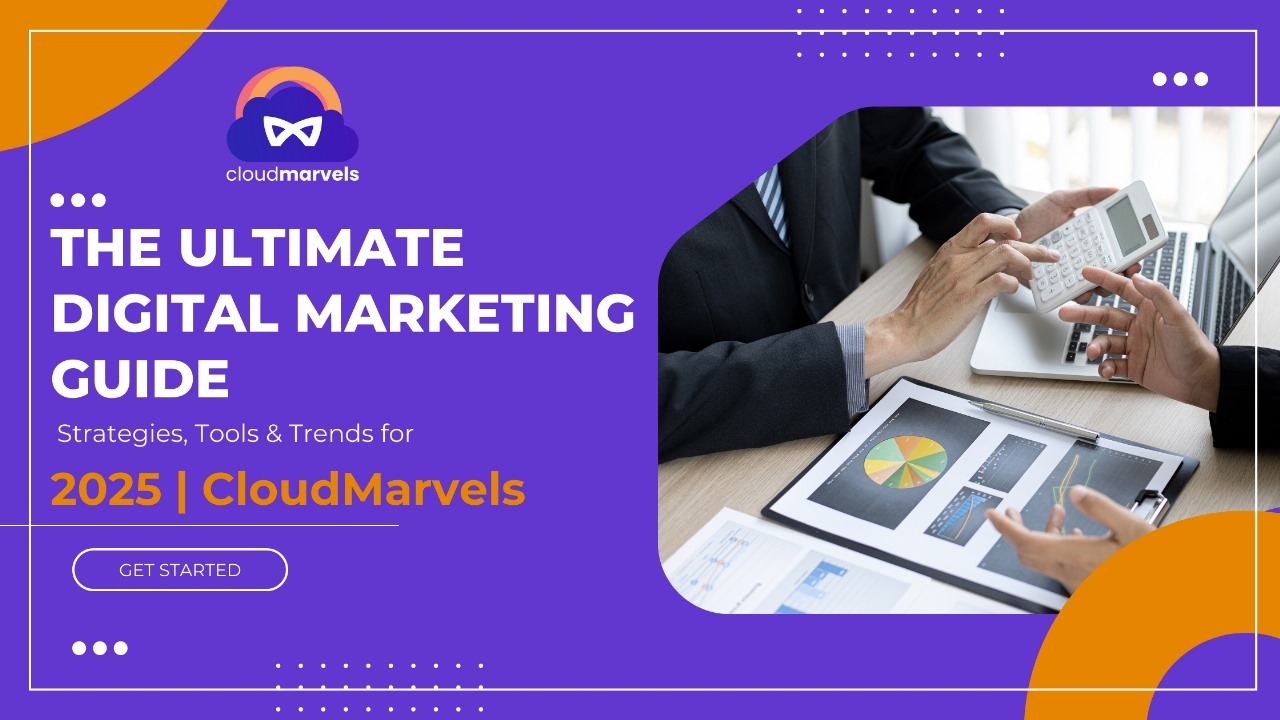🚨 Google’s AI Disrupts Organic SEO
Google’s AI features are shaking up organic SEO. Informational searches are hardest hit, while commercial queries offer some opportunities. Adapting strategies is key for continued success.
📉 The End of Organic SEO?
At MozCon’s 20th annual conference, Tom Capper, Moz’s Senior Search Scientist, shared a sobering assessment of the future of organic SEO. He highlighted the disruptive impact of Google’s AI on search results.
“At the end of this talk, I’m going to tell you that full-funnel organic marketing is borderline impossible in 2024 for most businesses.”
📊 The Zero-Click Threat
Capper explained how Google’s AI Overview, which provides direct answers at the top of search pages, is particularly disruptive for informational searches. Key points include:
- Informational searches have the lowest share of organic results.
- 21% of informational searches now show a Featured Snippet, reducing clicks.
“Organic is a really tough game for informational intent.”
🤖 AI Overviews a “Mistake”?
Capper expressed concerns that Google’s rush to implement AI overviews could harm its brand and disrupt the SEO industry.
“I think Google has gone too soon and rushed this, and yeah, I do think it’s a mistake.”
💰 The Commercial Battleground
While informational searches struggle, Capper identified commercial searches as a potential sweet spot. However, these are highly competitive. Key insights include:
- Commercial searches are volatile and contested.
- Major sites like Amazon, Reddit, and YouTube dominate these results.
“If you’re not willing to pivot to any other kind of content, then yeah, sure, go. Find a different channel.”
🏬 The Paid & Local Future
For transactional searches, Capper noted they are increasingly pay-to-play unless you are a local business. He sees local SEO as a promising area.
“If you can do well in local search, I think even in a worst-case scenario AI Overview rollout, you would still be doing well here.”
🔄 Adapting to the Changing Landscape
Despite these challenges, Capper believes there are still opportunities for success in organic marketing. His recommendations include:
- Target informational queries without featured snippets.
- Focus on less competitive commercial queries in niches like arts, hobbies, and real estate.
- Optimize for local search for transactional queries.
- Use keyword modifiers like “best,” “compare,” “top,” and “reviews” to identify commercial intent.
🔮 Looking to the Future
Capper remains optimistic about the future of organic search. He emphasizes the importance of creating high-quality, authoritative content and adapting to changes.
“If you’ve got any willingness at all to write something more interesting, then I think you can still play an organic.”
Ultimately, Capper believes Google’s business model depends on sending organic traffic to other sites.
“People expect when they search Google that they will end up going to other websites; if people don’t have that expectation, they won’t click on ads; if people aren’t clicking on ads, Google doesn’t make any money.”
📌 In Summary
While organic SEO faces challenges, especially for informational and transactional searches, opportunities remain in commercial and local spaces. To adapt, focus on:
- Less competitive commercial topics.
- Leveraging local SEO for transactional queries.
- Creating content that goes beyond answering basic questions.
By staying flexible and focusing on quality, businesses can navigate the evolving landscape of SEO.

